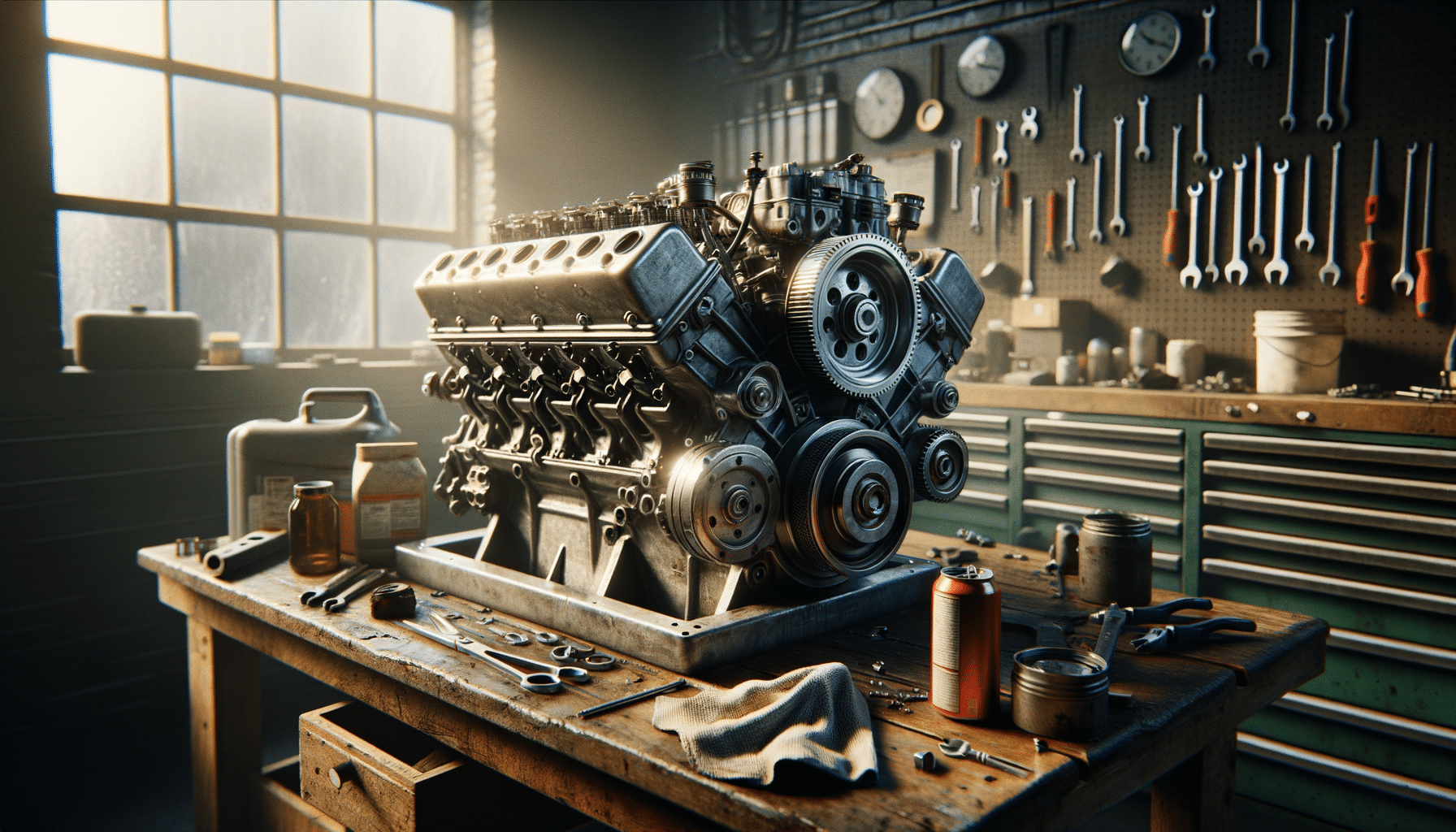
What You Need to Know about Used Engines
Introduction to Used Engines
In today’s automotive landscape, the option of purchasing used engines has become increasingly popular among car owners and mechanics alike. Whether it’s for restoring a classic car or replacing a malfunctioning engine, used engines offer a cost-effective solution that can breathe new life into vehicles. Understanding the intricacies of used engines, including inspection methods, warranty terms, and compatibility, is crucial for ensuring a successful purchase. This article delves into the essential aspects of used engines, providing valuable insights for those considering this route.
Advantages of Choosing Used Engines
Opting for a used engine can provide numerous benefits. One of the most compelling reasons is cost savings. Used engines are generally more affordable than brand-new ones, making them an attractive option for budget-conscious buyers. Additionally, purchasing a used engine can contribute to environmental sustainability by recycling and reusing parts, thus reducing waste.
Another advantage is the availability of rare or discontinued engines. For classic car enthusiasts, finding a specific engine model that is no longer in production can be a challenging task. Used engines open up possibilities for restoring vintage cars to their former glory by providing access to components that are otherwise difficult to find.
Furthermore, many used engines come with warranties that offer peace of mind to buyers. These warranties, although typically shorter than those for new engines, still provide a level of assurance regarding the engine’s performance and reliability.
Inspection Methods for Used Engines
Conducting a thorough inspection is a critical step when purchasing a used engine. This process ensures that the engine is in good condition and free from significant defects. Key inspection methods include:
- Visual Inspection: Checking for signs of damage, corrosion, or leaks on the engine’s exterior.
- Compression Test: Assessing the engine’s internal condition by measuring the compression levels in each cylinder.
- Oil Analysis: Analyzing the engine oil for contaminants or metal particles that could indicate wear or internal damage.
Engaging a professional mechanic to perform these inspections can provide an objective assessment of the engine’s condition, helping buyers make informed decisions.
Understanding Warranty Terms for Used Engines
When purchasing a used engine, it’s essential to carefully review the warranty terms offered by the seller. While warranties for used engines are generally more limited than those for new ones, they still play a crucial role in ensuring buyer protection.
Warranties typically cover specific aspects such as:
- Duration: The length of time the warranty is valid, usually ranging from a few months to a year.
- Coverage: The components and types of defects that the warranty covers.
- Conditions: Requirements that must be met for the warranty to remain valid, such as regular maintenance and proper installation.
Understanding these terms can help buyers avoid potential pitfalls and ensure they receive adequate protection for their investment.
Compatibility Considerations for Used Engines
Compatibility is a crucial factor when selecting a used engine for a vehicle. Ensuring that the engine is compatible with the intended vehicle model and make is vital to avoid installation issues and performance problems.
Key compatibility considerations include:
- Engine Size: Ensuring the engine size matches the vehicle’s requirements.
- Mounting Points: Verifying that the engine’s mounting points align with the vehicle’s chassis.
- Electrical Systems: Checking the compatibility of the engine’s electrical components with the vehicle’s systems.
Consulting with automotive professionals or referring to the vehicle’s manual can provide guidance on compatibility, helping buyers make informed choices.
Conclusion: Making Informed Decisions
Choosing to purchase a used engine is a practical solution for many vehicle owners, offering cost savings and access to rare components. By understanding the advantages, conducting thorough inspections, reviewing warranty terms, and ensuring compatibility, buyers can make informed decisions that enhance their vehicle’s performance and longevity. With the right approach, used engines can provide a reliable and efficient solution for automotive needs.


